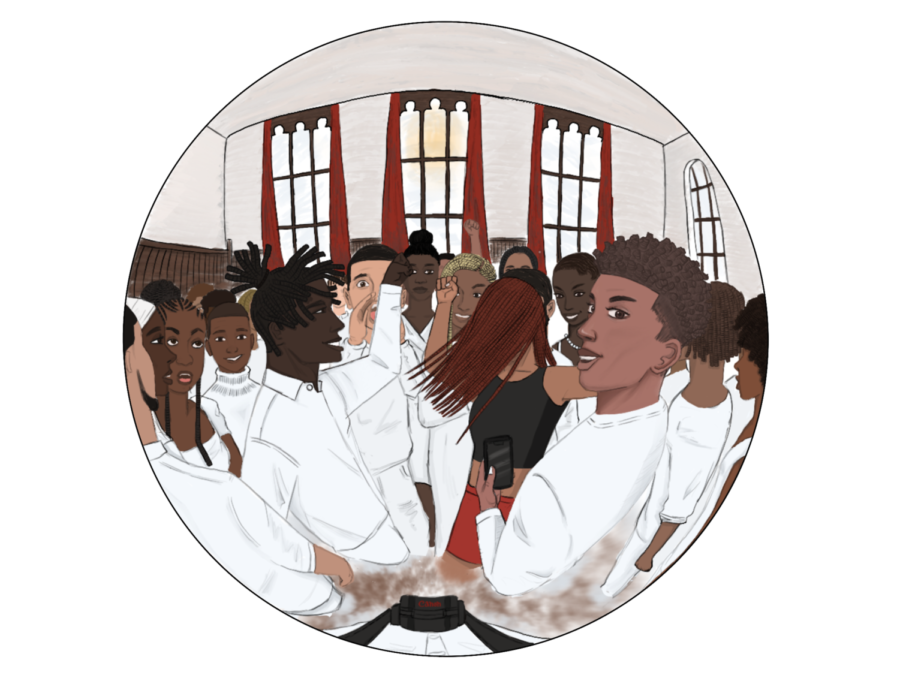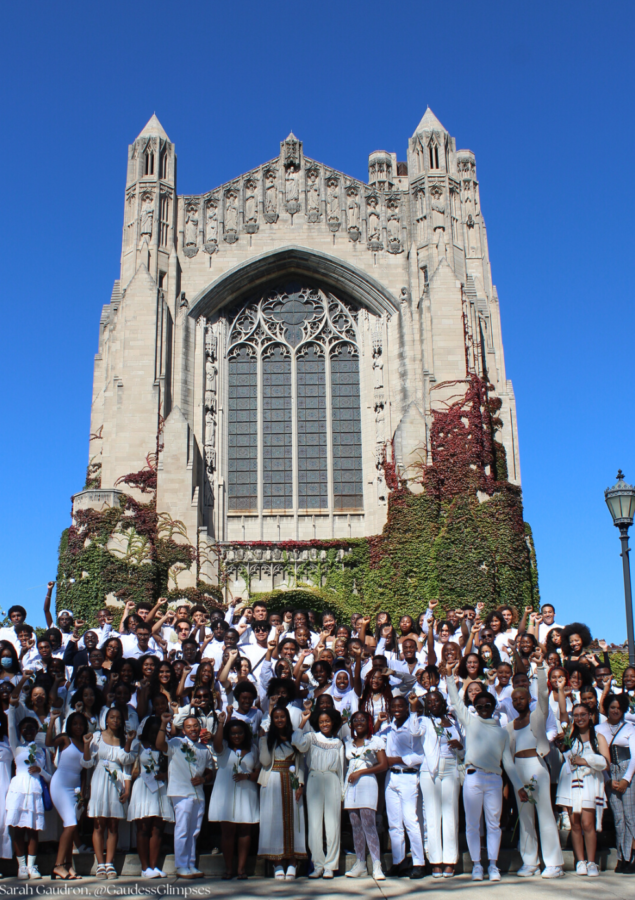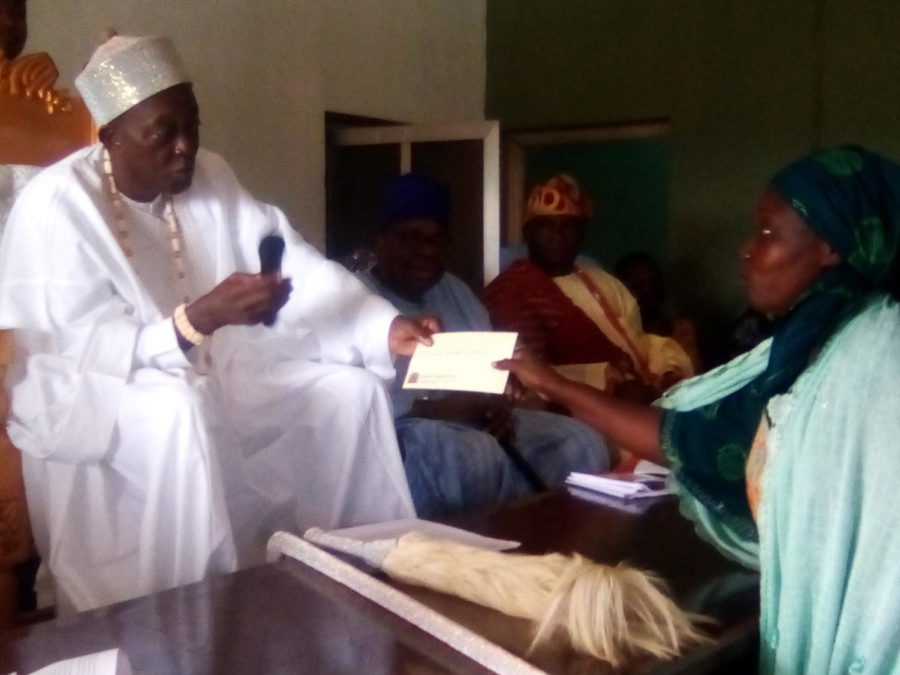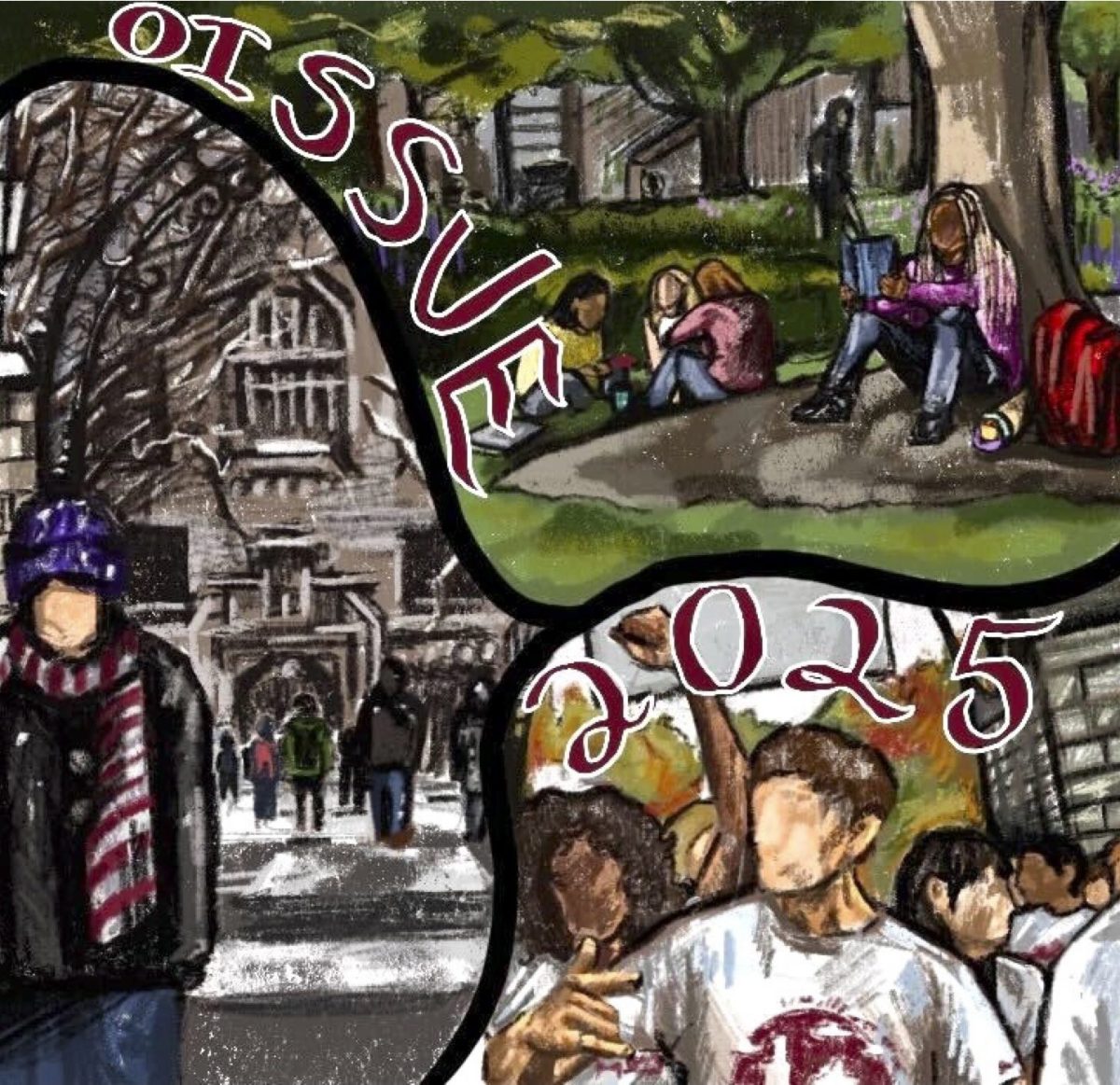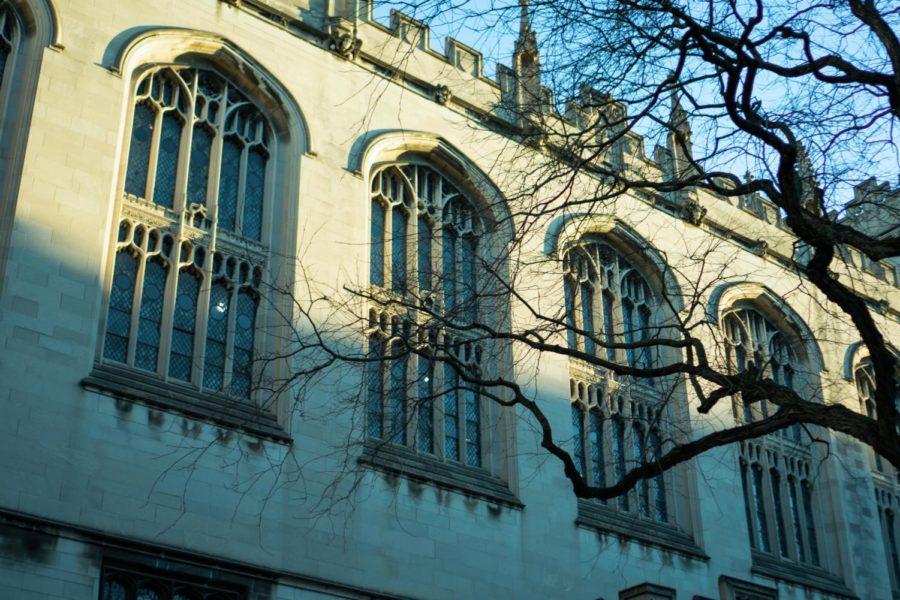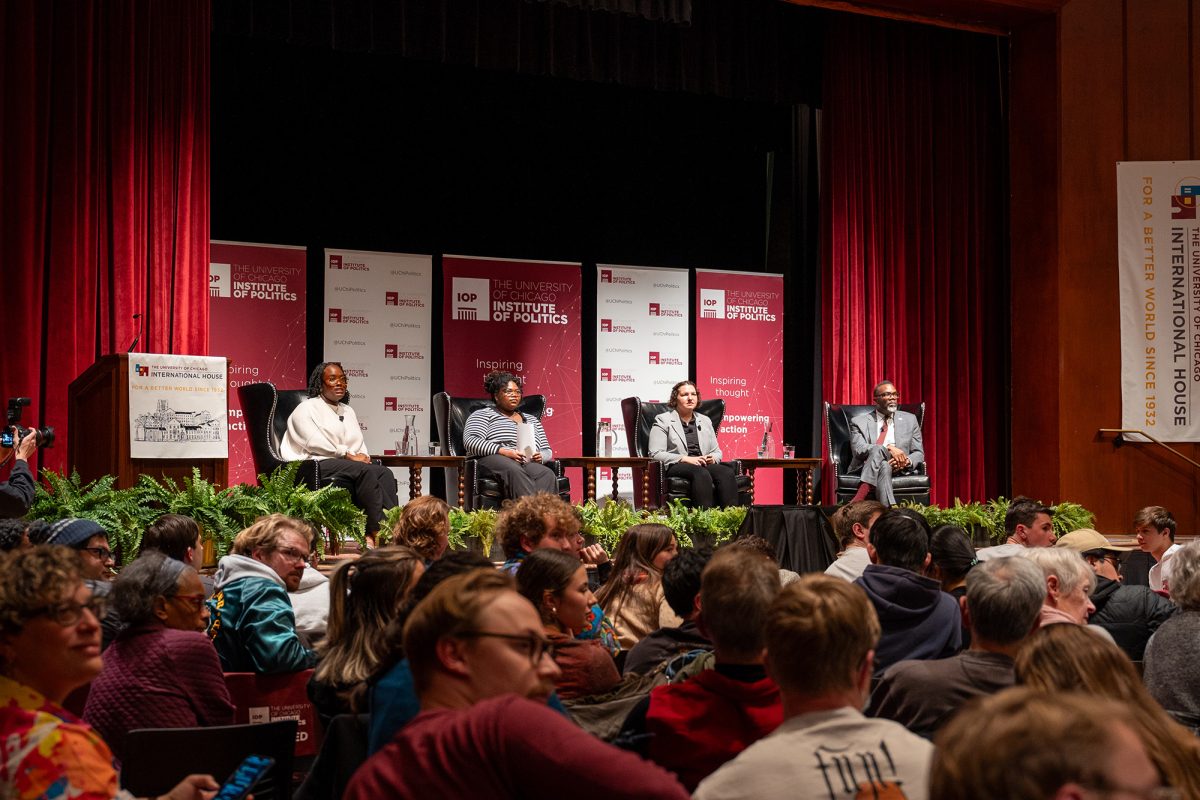“Music is the weapon of the future”
–Fela Aníkúlápó Kuti
“Shoutout my label, that’s me.”
–Dominique Armani Jones
Two iconic quotes from two legendary artists. The first represents the revolutionary power of African music that has been used to overcome colonial oppression. The second declares the artist’s pride in his record label and has become an anthem for newer generations of rap fans. While these quotes suggest seemingly opposing ideas about the significance of Black music, they both convey the central purpose of Black artists: to promote and uplift their communities. By doing so, Black artists across the diaspora have served a fundamental role in the Black community.
The history of Black music is expansive in scope, and covers many locations in the African diaspora. In the African-American context, hip-hop and R&B dominate the American music industry, becoming the most listened to music genres in the United States in 2017, according to data from Statista. Although the majority of its listeners are not Black, both genres remain at the core of African-American musical culture. With songs such as “Freestyle” by Lil Baby (the song referenced in the opening quotes) and “Dreams and Nightmares” by Meek Mill, rap music has become a means to express inner city perspectives in African American culture.
Black music performs a similar purpose around the world. The creation of Afrobeat, a music genre pioneered by Nigerian musician Fela Kuti, has allowed West African music to grow in popularity across the world. While commonly referred to by the umbrella term “Afrobeats,” music from the African diaspora contains a great variation of sounds from Nigerian Naija beats to Ghanaian highlife to modern afro-pop from artists like Burna Boy and Wizkid. Afrobeat provides a vital service in that it promotes West African culture on an international level and allows members of the diaspora to celebrate their heritage no matter where they are from.
In addition to its cultural representation, Black music also provides a valuable and unique form of political commentary and social insight on important matters in the Black community. Since enslaved Africans were brought to the United States through the Middle Passage, religious spirituals were used as instruments to relate their experiences to one another in efforts to overcome their subjugation. This tradition continued into the twentieth century with the Civil Rights Movement, where songs like “A Change Is Gonna Come” by singer Sam Cooke became an anthem to mobilize African Americans against segregation and racial violence.
Today, music continues to influence the political and social consciousness of African Americans. Through the use of rap songs such as “Alright” by Kendrick Lamar, which played a significant role in rallying younger generations of African Americans in the Black Lives Matter protests following the killings of Michael Brown Jr. (2014), George Floyd, and Breonna Taylor (2020), people were called to march in the streets to protest the issues of police brutality and systemic racism. This tradition is mirrored in the African diaspora, as shown in Caribbean music and culture. Writer Angelique Nixon explains that music culture in Jamaica created a platform for artists to both navigate their identities as Afro-Caribbeans and participate in critiques of colonization and globalization. Nixon describes the integral role dancehall music plays for Jamaican women and LGBTQ+ artists, who are able to use their music to push the boundaries of gender and sexuality representation.
Black music also provides an economic benefit to the Black community, both on an individual and collective level. Music careers provide avenues of economic revenue not only for the artists, but also for the communities that shaped them. For example, the late rapper Nipsey Hussle is praised for his work to rebuild his Crenshaw neighborhood in South Los Angeles, namely through advancing the education and economic opportunities for Black and Brown youth. Hussle’s music allowed him to improve his community through several projects, such as financing renovations at local elementary schools and investing in community centers in Crenshaw geared at expanding education in STEM and African American history and culture.
Throughout recent history, Black artists have dominated the popular genres of the music industry, and become some of the most iconic musicians in the world. However, much of their craft can still be attributed to the valuable music history in the African diaspora. Whether it be the traditional Afrobeat of West Africa or the latest sound of American rappers, Black music has and will always be grounded in the social advocacy, cultural expression, and economic opportunity of the Black community.



